Project Description
This was the second Erasmus+ training course about Game-Based Learning that I attend, following a training course about board games (Eduboards 2.0) that took place in August 2022.
So why sign up again?
To get Un-boxed!
that means, I wanted to challenge myself again, learn more about escape games (honestly I did not have the slightest idea of how they work) and unbox new adventures revolving around games. Also, to be fair, I was eager to meet wonderful people from different countries around Europe, get lost together in the woods and try to find our way out by solving some puzzles, doesn’t it look similar to real life?
What is a breaking box and what is Games-Based Learning?
Games-based learning (GBL) is defined as “learning through games” and it is basically incorporating games into an educational setting. That can be used to either motivate the students, open a discussion, create the environment or assess a learning outcome by playing a game that was intentionally designed for this purpose.
Games extend into different categories, tabletop games, that include board games, card games, large-scale games that involve more groups in various spaces and physical movement (treasure-hunt for example), video games, conversation games, escape games and many more (for further information about the project’s manual check up this link).
In this training course we focused on escape games, which are a type of games where participants have to solve puzzles, discover clues in order to arrive to specific goal. In particular, we learnt more about escape boxes, which are the more portable version of escape games.
Can those escape boxes be educational?
They are by nature entertaining (who doesn’t like to unveil the content of a cool box?), but they can become (more) educational once they are developed to serve a specific learning outcome. We can argue that by simply playing a game, one develops many skills and enhances some executive functions, like attention, visual-spatial reasoning and memory, yet developing the game with a learning outcome suitable to the target group renders the game, in a more strict sense, educational.
For example, during the first days of the training, we tried out couple of educational escape boxes, one game aimed to raise awareness about bullying. The escape box consisted of a lost school bag of Sam, a young teenager who was bullied. Participants had to unlock it in order to understand Sam’s story.
Through the game, participants could personally interact with the puzzles and the story, yet they also learnt about different types of bullying and how essential the support is for people who go through it.
So yes, we came all together, students from Spain, Estonia, Latvia, Italy (and Palestine), Slovakia, Czechia, Romania and Bulgaria to learn about GBL, about escape boxes in specific, how do their mechanisms work, how can we render them educational, try some of them and create our own Breaking Escape Boxes!
How did it go?
It was great! First, the team dynamics were really fluid, the people in the group were very interesting, curious and simply nice. The staff members were as professional, passionate and really inspirational.
We went for walks in the morning, in the evening, to the caves, to the bar, even when it was raining!
We were all easy-going, crazy in some sense, and eager to walk to salute the goats, go for a real Czech flavorful beer, sing Shakira at 8am, have deep talks and maybe shallow ones and breathe. It was as if each one of us was trying to unbox a part of himself*herself and learn more.
Magically, We managed to create five crazy amazing boxes about five different topics: gender-based violence, languages and culture, languages learning, entrepreneurship and anxiety & bullying. You can find outlines from all developed brakout boxes here.
We created them from scratch in two days! It was not at all easy, some of us had worked all night to finish up the game, and believe me we had, humbly saying, pretty awesome results!
My team worked on a breakout box that would connect language with identity and culture. We created a game in which the participants would travel to the future – into a planet where people speak only one language and where names are nothing but numbers. Their mission was to unravel their past and go back to the diverse world where they will find their past identities.
We came with the idea relatively fast, yet the implementation of the game was not at all easy. We felt we were behind the other groups who had created quite sophisticated games, yet in some moment, I learnt a skill from my team-mates, which I am working on still: to relax, to not be as competitive and to kind of enjoy the process. And so we did!
Can it get even cooler?
Yes, after having prepared the prototypes of the breakout boxes we were given the chance to try them with real people. In fact, the organizers have arranged this very cool (underground) event where we were able to meet people from Brno, who came only to try out our games and give us their feedback. It was such a lovely atmosphere.
I hope this report made you more interested to know more about GBL. I would also advise you to check up the two host organizations which do lots of work in the field here and here. You can find the games they develop on this link.
They say post-Erasmus+ depression phase starts right after the program ends, mine started by simply writing this report. It is an odd feeling for I feel now that I wanna re-live this experience, play other round of Durak or Chess or simply gather with all of the members of Procházka family at the end of the day.
Although I had doubts about going to the training at first, now I am sure I did the right decision. I have accumulated lots and lots of warm memories. Unfortunately, we forgot to take a group picture, I think we were all puzzled somehow.
Yet, If you combine two pictures from the ones in this blog, you will be able to see most of us.
Author: Safa Yassin

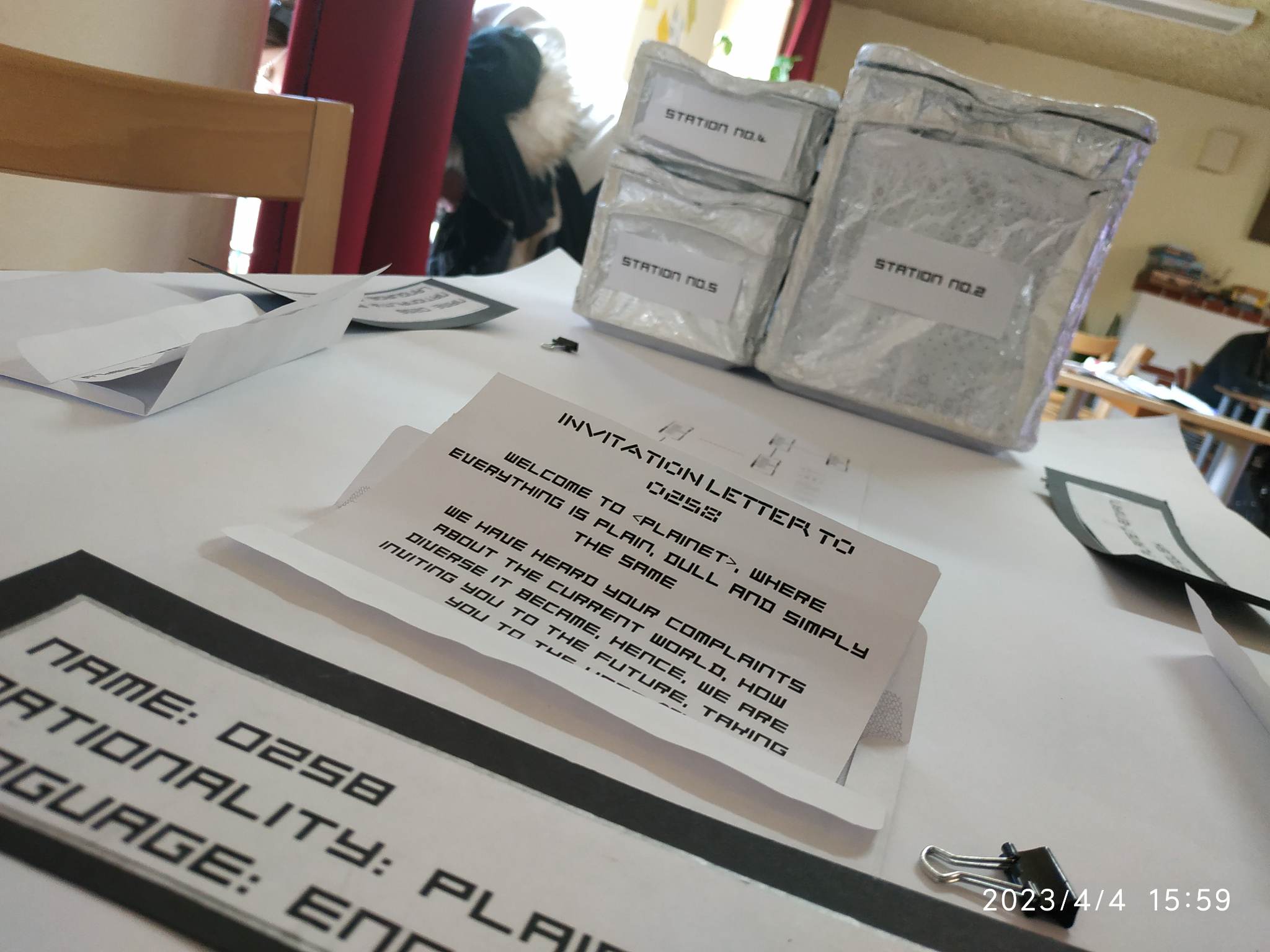
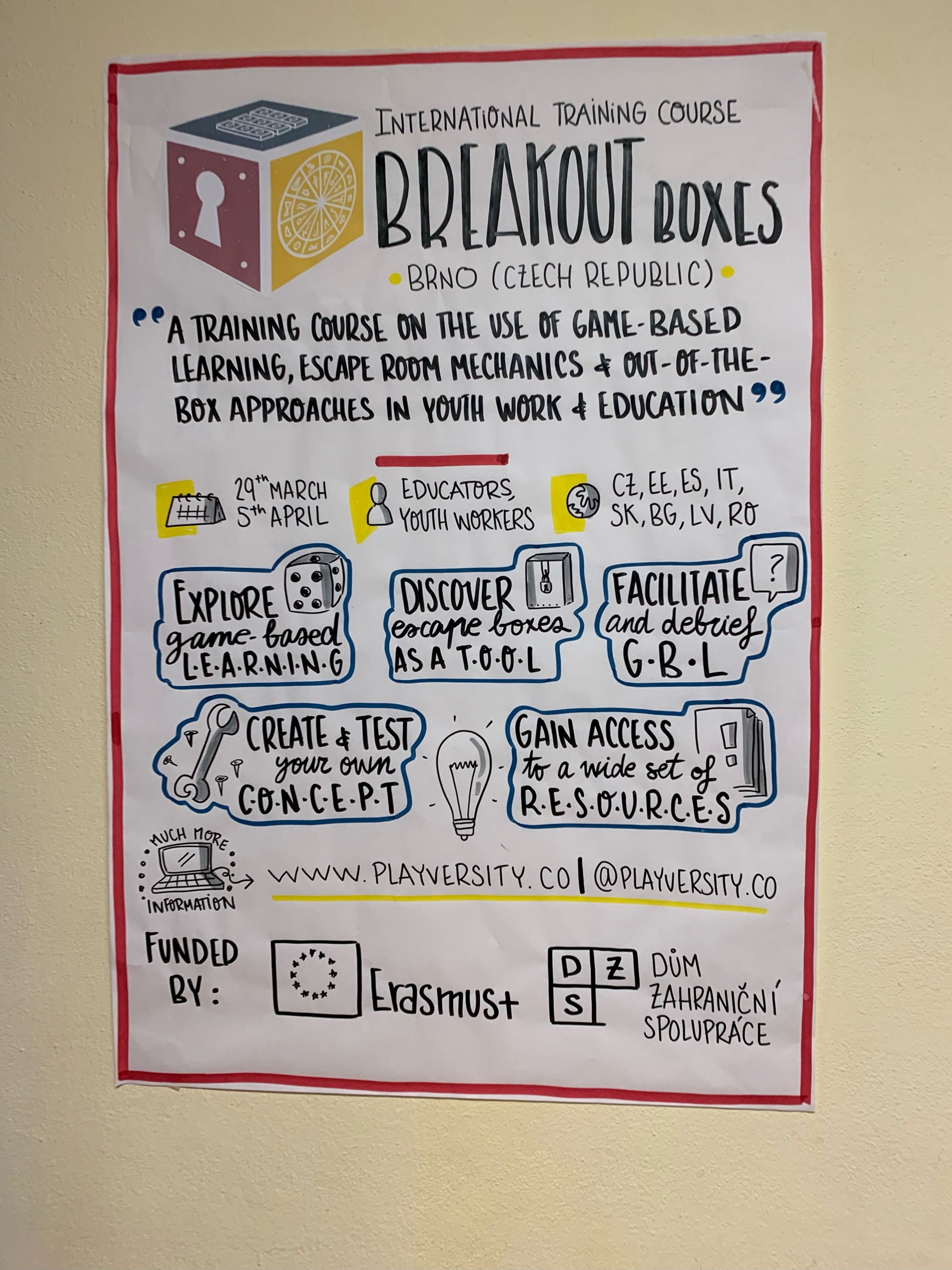
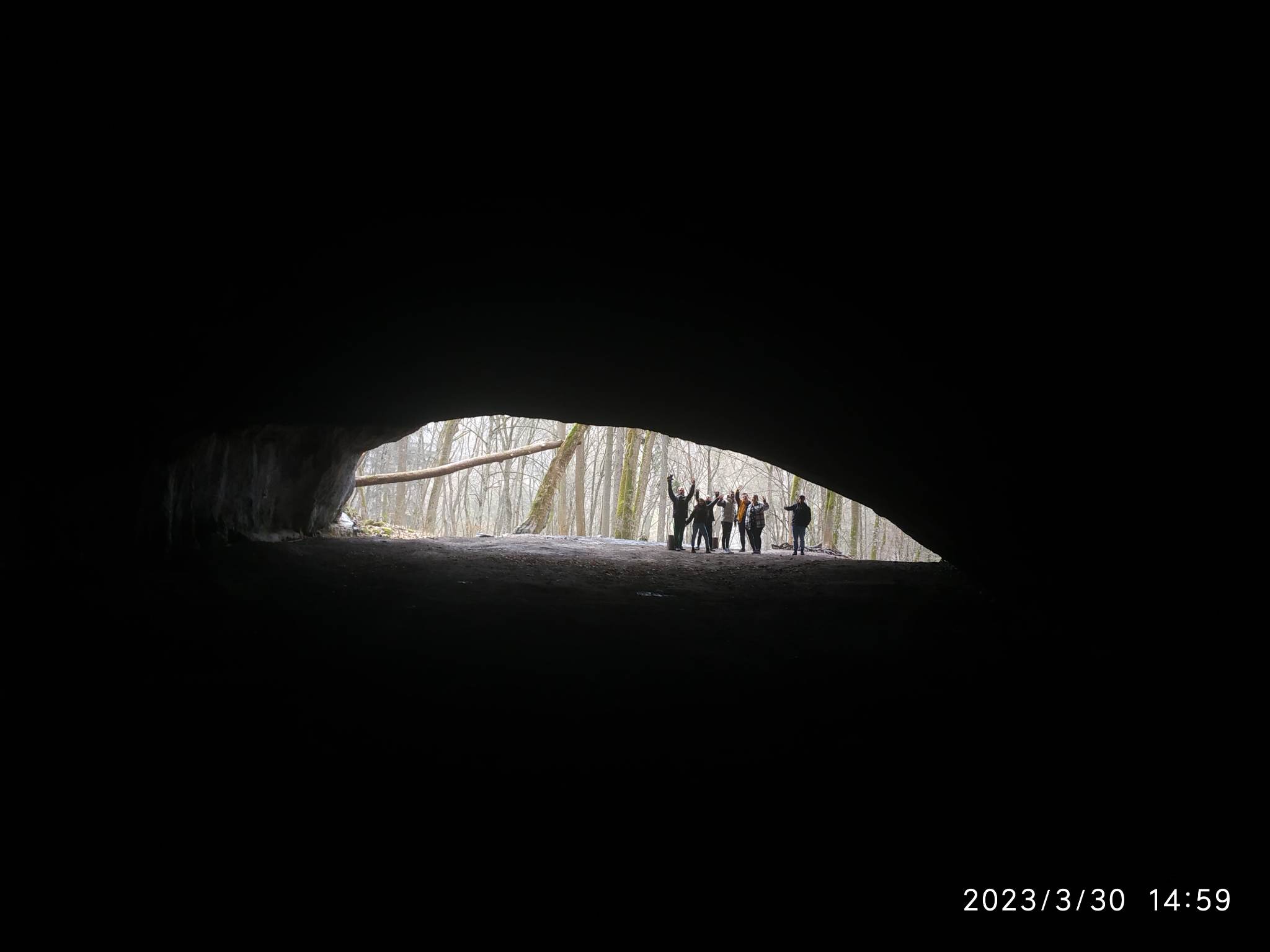
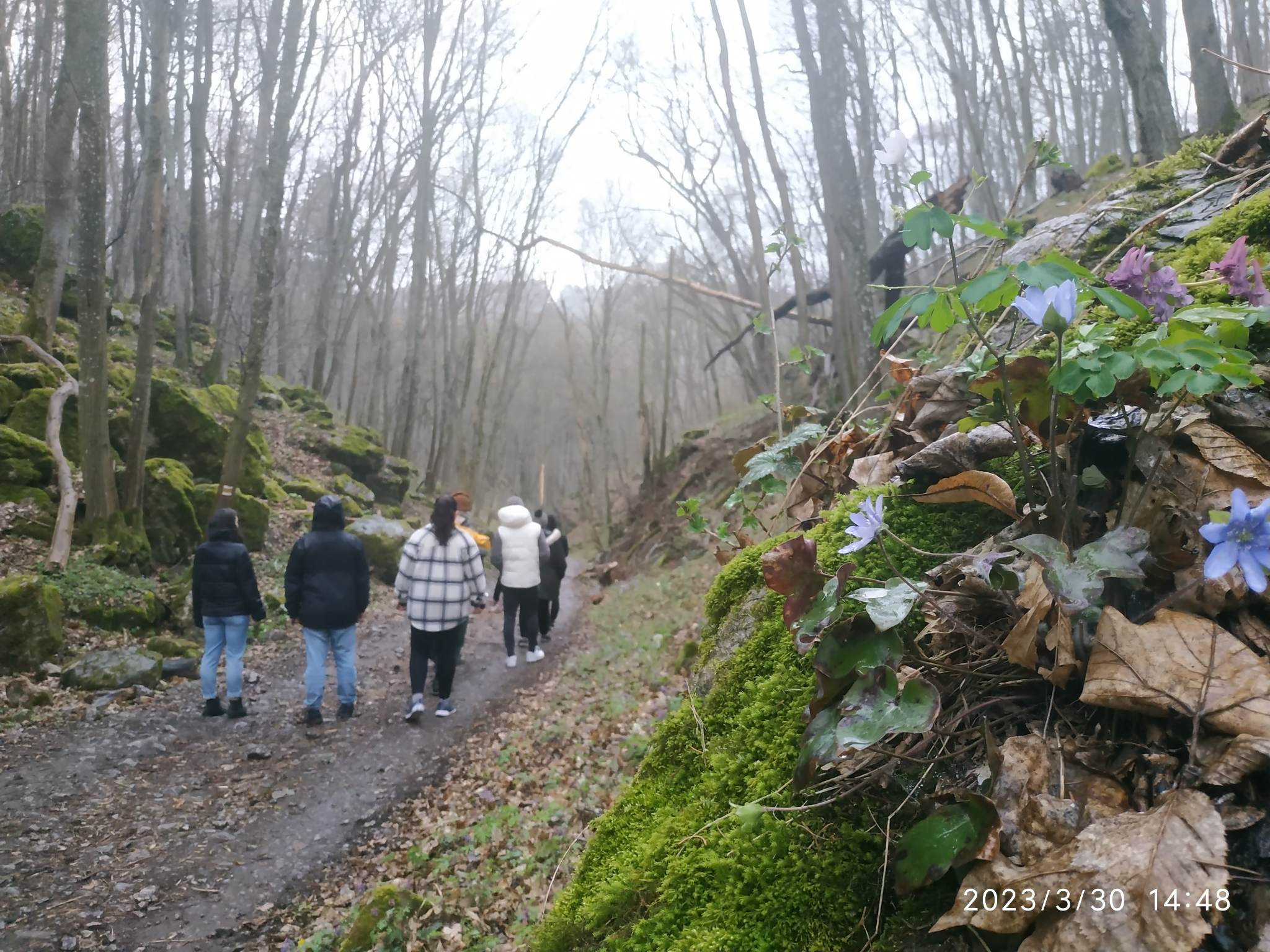
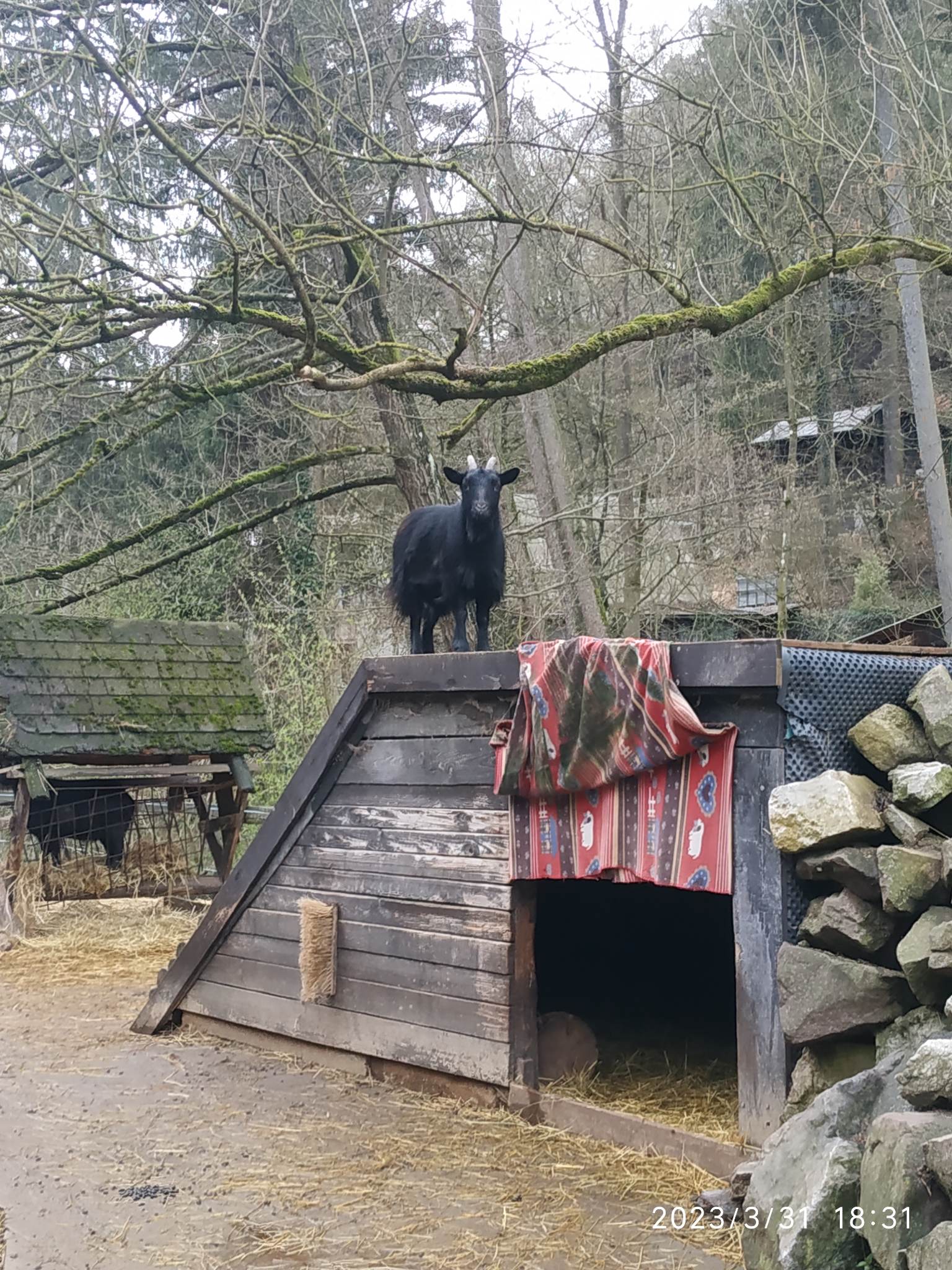
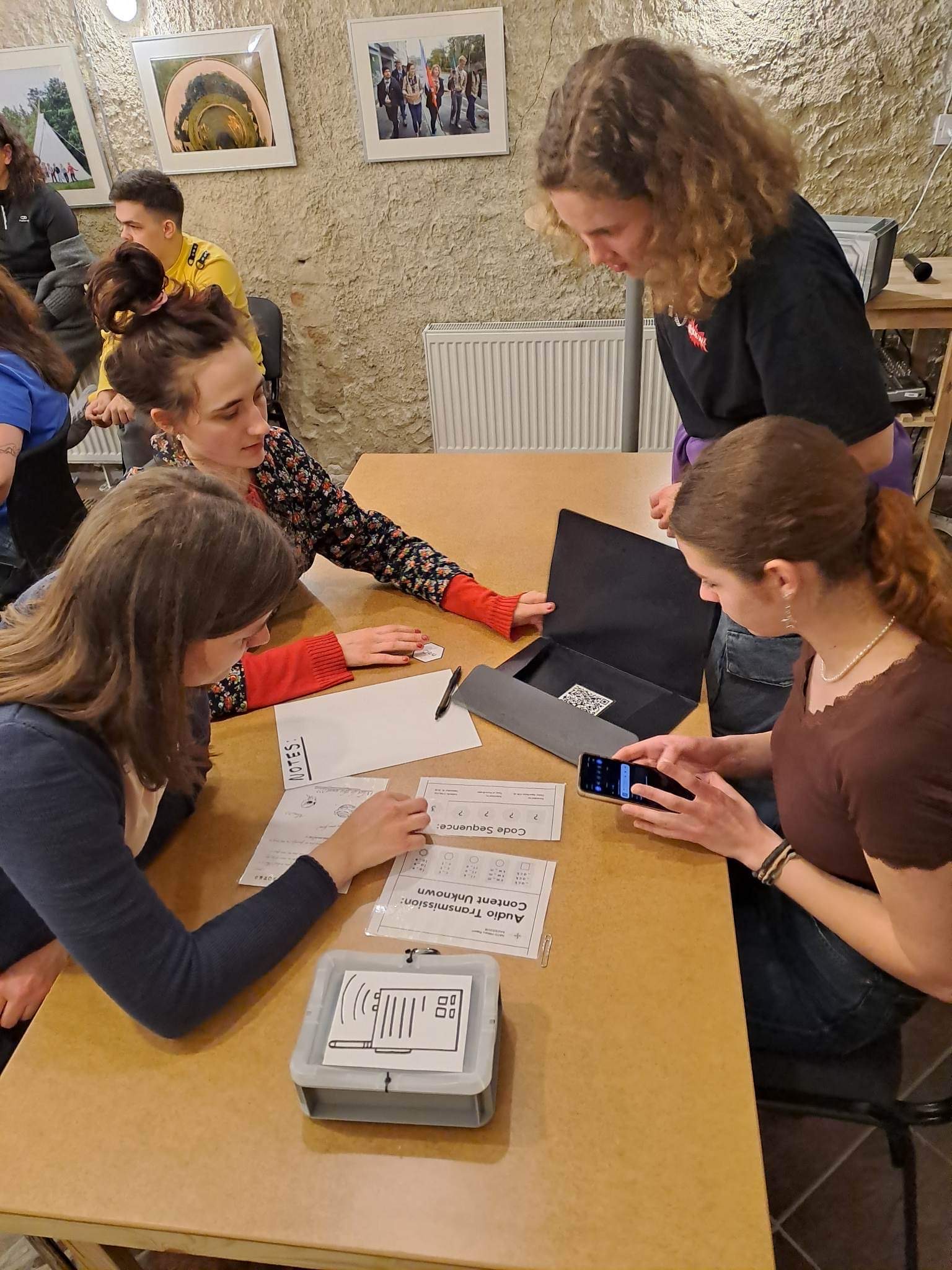
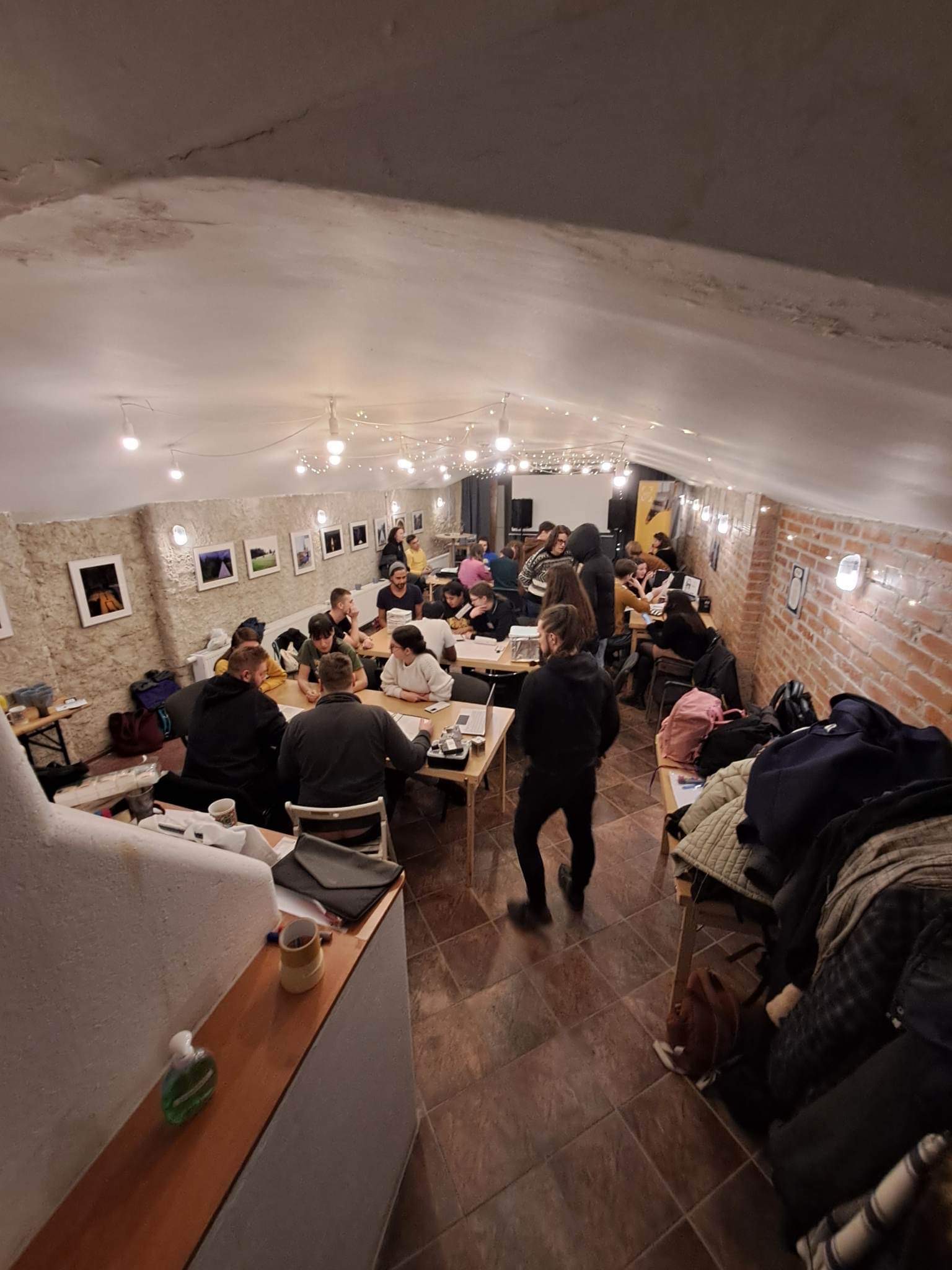


























Recent Comments